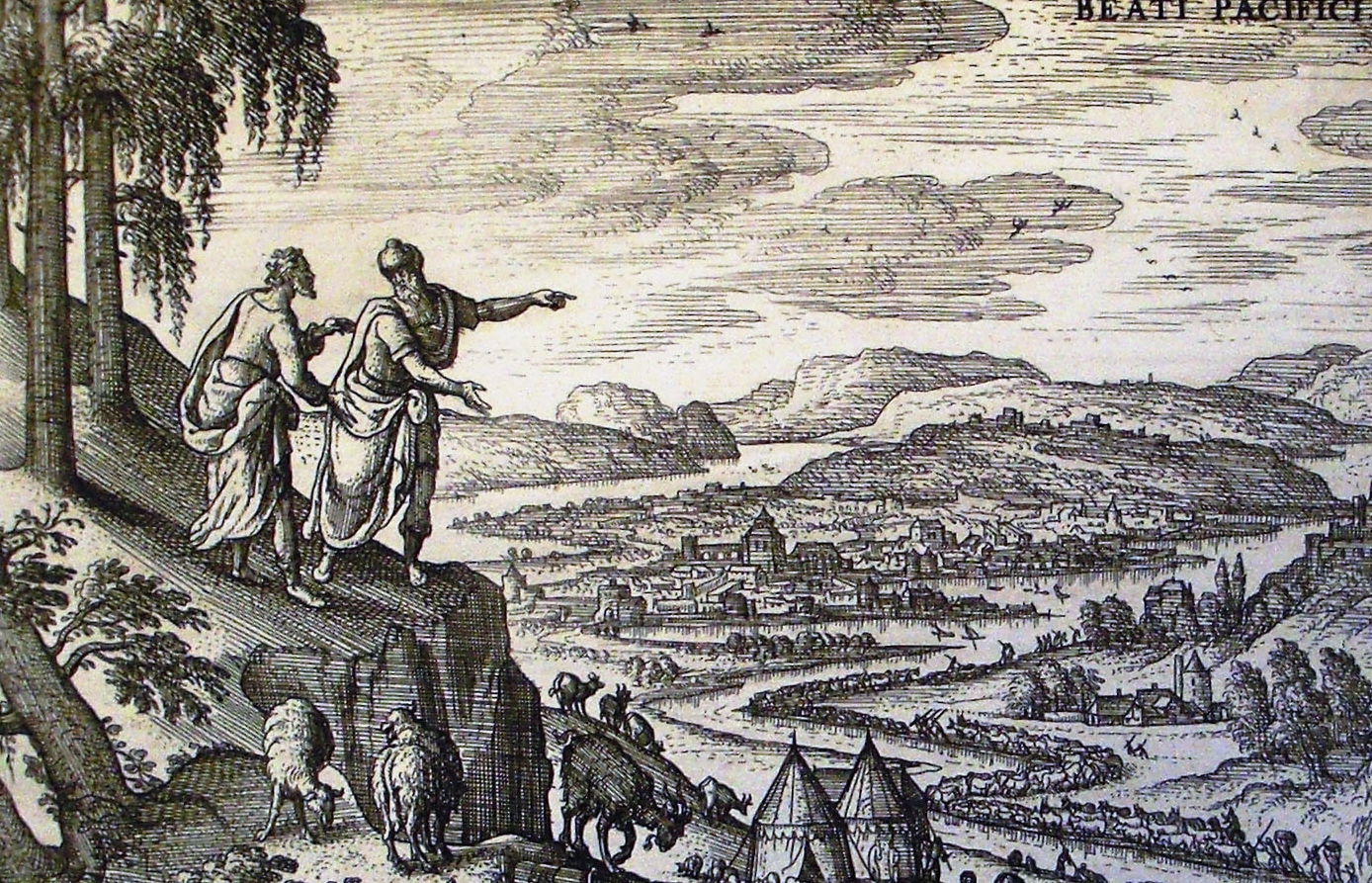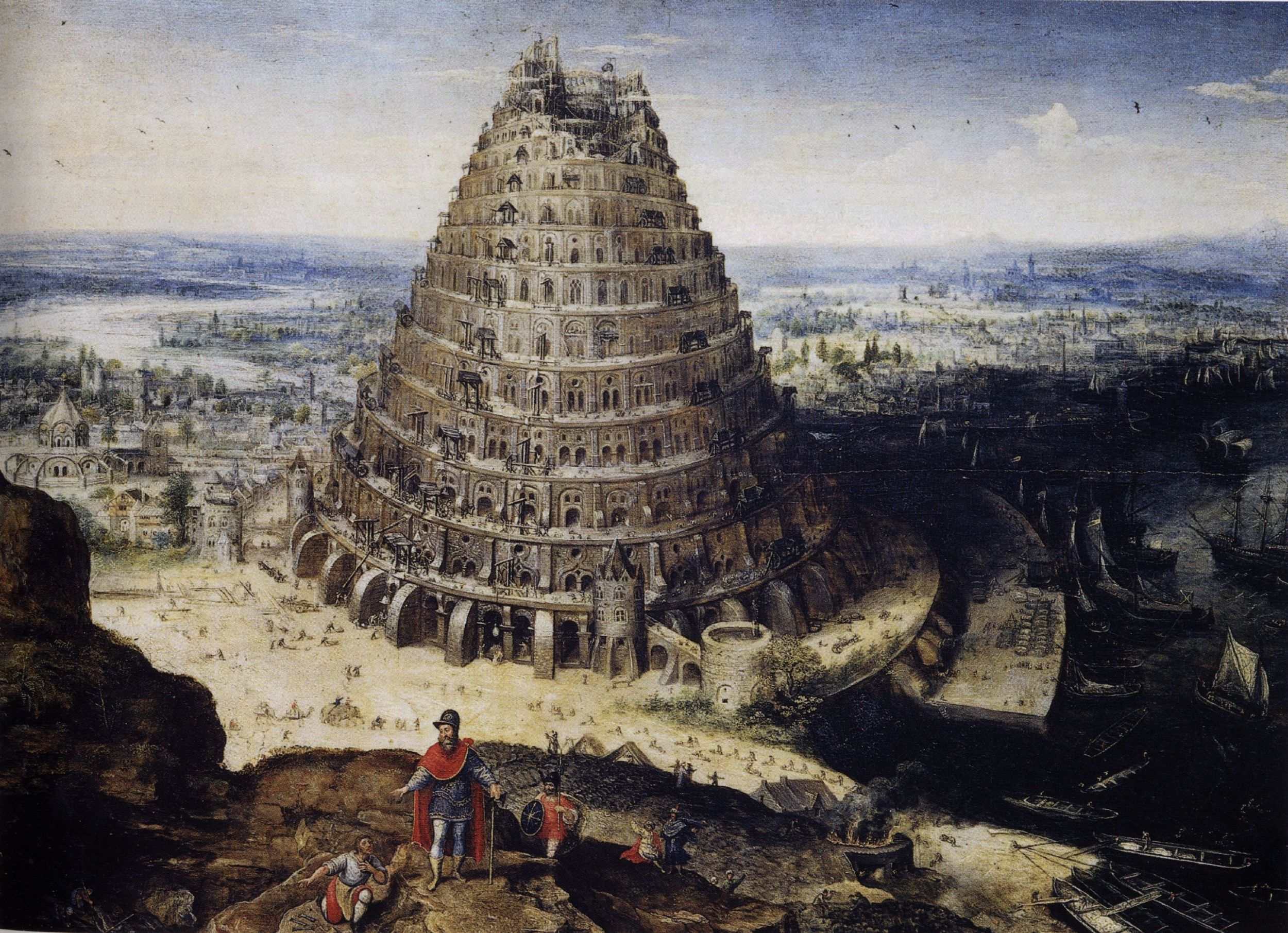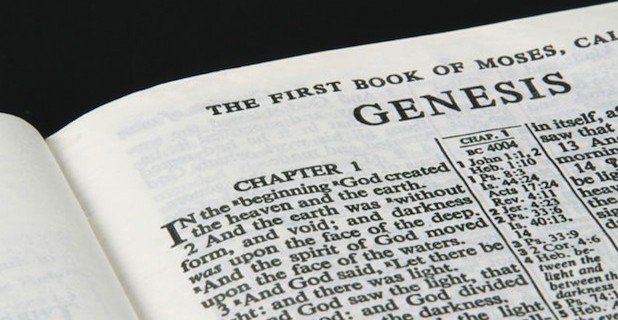And Lot, who went with Abram, also had flocks and herds and tents, so that the land could not support both of them dwelling together; for their possessions were so great that they could not dwell together.
Genesis 13:5-6
You and I are in the school of faith. God wants to build faith in us. The curriculum in the school is pain, suffering and problems. God uses suffering to shape our souls and to build our faith.
When Abraham faced famine and the threat of death, he got an "F," for failure. For the next problem, conflict with his nephew Lot, Abraham gets an "F," for faith.
Both Abraham and Lot had large flocks and herds and the land could not support them. Quarreling arose between Abraham's workers and Lot's workers.
Abraham takes the initiative to solve the problem. (Sometimes we delay the inevitable thinking the problem will go away on its own. Instead, the delay just about always exacerbates the problem.) Abraham is gracious to Lot, giving him the first choice of land, even though Abraham is older and Abraham is the one who had been promised the whole land of Canaan.
Then Abraham said to Lot, "Let there be no strife between you and me, and between your herdsmen and my herdsmen, for we are kinsmen. Is not the whole land before you? Separate yourself from me. If you take the left hand, then I will go to the right, or if you take the right hand, then I will got o the left" (Genesis 13:8-9).
Lot proceeds to choose the greenest, most inviting land. Because Abraham trusted God to provide for him and take care of him, he was free to be generous and gracious with Lot. He didn't feel the need to "look after himself" and "make sure he got what he was due." He was free to relax in
God's
care for him.
Faith, in God, sets us free.
Faith frees us from self-assertiveness and self-protectiveness.
Faith frees us from greed and worry and jealousy.
Faith frees us to be generous with people and generous with God.
Faith frees us from self.
Faith frees us because we know that ultimately God will take care of us.






